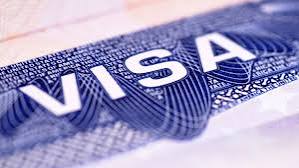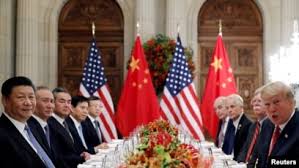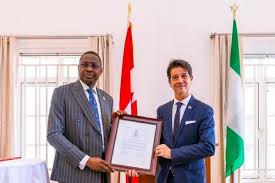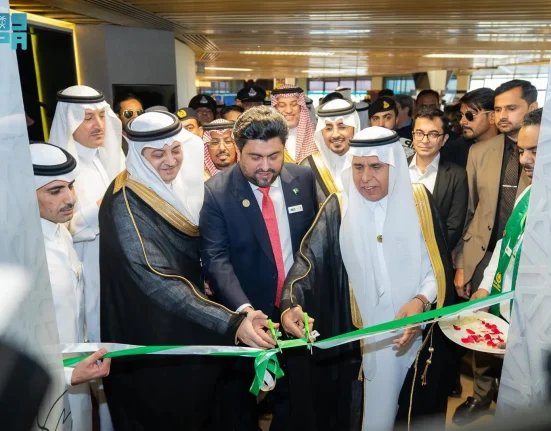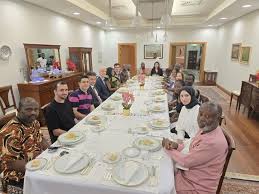RIYADH, Saudi Arabia Preparations are in top gear in the Saudi capital as Riyadh gets set to host the high-profile Saudi-U.S. Investment Forum on May 13, 2025, coinciding with the visit of former U.S. President Donald J. Trump. The event is positioned to deepen economic and strategic relations between the two nations, focusing on expansive investment opportunities across key sectors.

The forum, which will take place at the King Abdulaziz International Conference Center, is expected to attract top-tier business leaders from the United States, including Elon Musk (Tesla), Mark Zuckerberg (Meta), Larry Fink (BlackRock), and Jane Fraser (Citigroup). They will engage with Saudi government officials and corporate executives to explore partnerships in areas such as energy, artificial intelligence, finance, advanced manufacturing, and technology innovation.
According to sources familiar with the agenda, discussions will include Saudi Arabia’s potential investment of up to $600 billion in the United States over the next four years. Other highlights of the forum include sessions on joint defense cooperation, infrastructure development, and fostering private-sector ties under Saudi Arabia’s economic diversification plan Vision 2030.
President Trump’s visit will also pave the way for a broader U.S.-Gulf Cooperation Council (GCC) summit scheduled for May 14, where regional security, counterterrorism, and trade relations will be central themes. Observers see the timing of the investment forum as a strategic move by both nations to reaffirm long-standing ties and collaborate on mutual economic growth amidst shifting global dynamics.
Saudi authorities have emphasized the significance of the forum, stating it reinforces the Kingdom’s role as a global economic hub and a key player in attracting high-impact foreign investments. The event is also viewed as a critical platform for showcasing Saudi Arabia’s progress in implementing structural reforms and promoting public-private partnerships.
The outcomes of the Saudi-U.S. Investment Forum are expected to contribute to increased capital flows, knowledge exchange, and the creation of new avenues for bilateral cooperation that could shape regional economic narratives in the years ahead.


